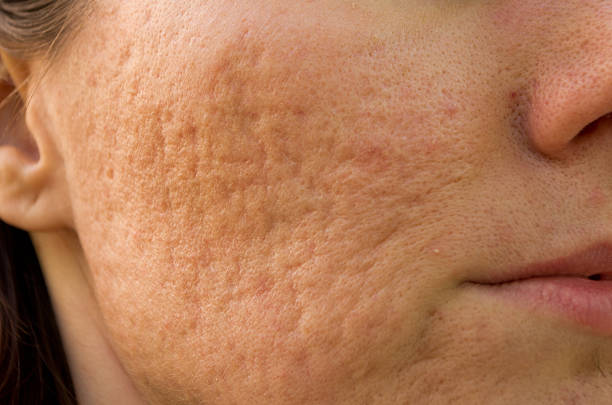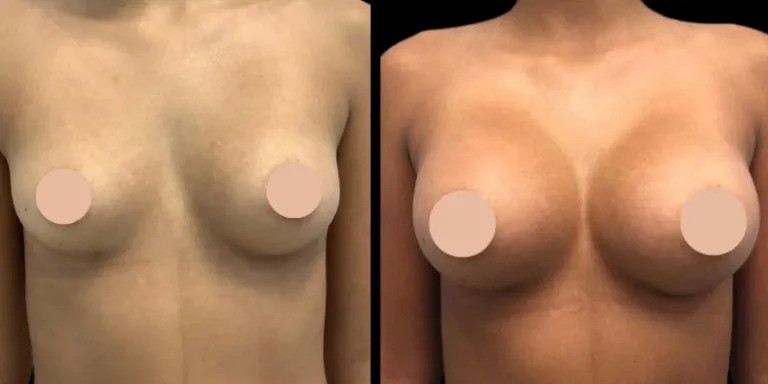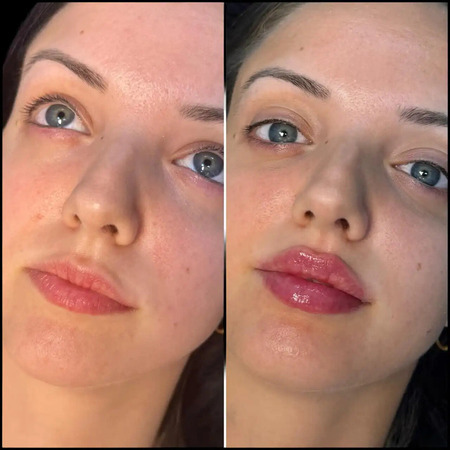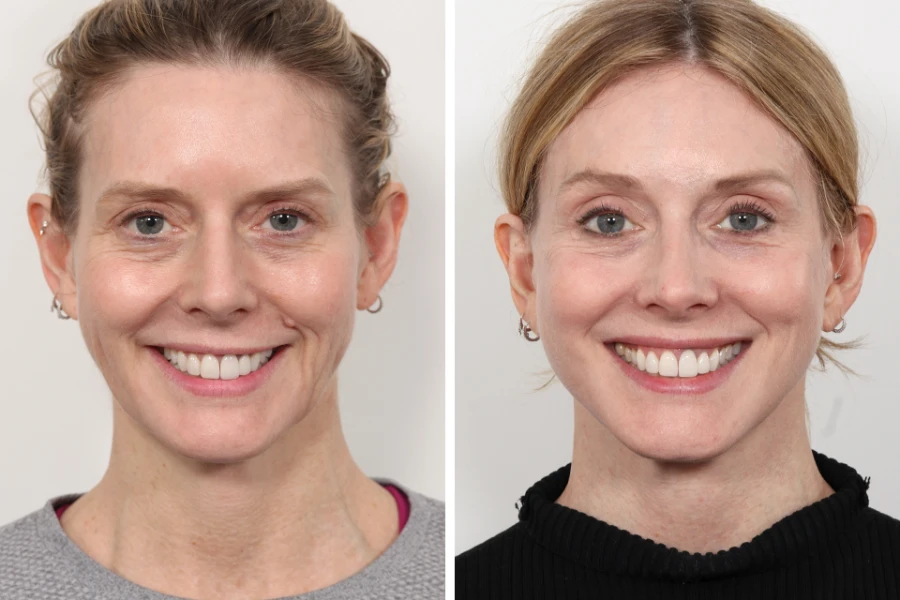Acne is a common skin concern that can leave behind visible scars and enlarged pores, impacting an individual’s confidence and overall skin health. Many individuals seek effective ways to refine their skin texture and achieve a smoother complexion. A prevalent question among those affected is How to Close Pores Permanently After Acne. While completely closing pores may not be entirely feasible due to the skin’s natural anatomy, significant reduction and refinement are achievable through various skincare strategies and treatments. If you are in Abu Dhabi and looking for ways to diminish the appearance of enlarged pores post-acne, understanding the underlying causes and effective solutions is essential.
In this comprehensive guide, we will explore the causes of enlarged pores after acne, practical skincare routines, lifestyle tips, and advanced treatment options to help you achieve a more even and refined skin texture. Our aim is to provide clear, actionable insights tailored to individuals in Abu Dhabi seeking lasting pore minimization.
Understanding Enlarged Pores Post-Acne
What Causes Enlarged Pores After Acne?
Enlarged pores after acne are typically a result of excess oil production, trapped debris, and collagen breakdown caused by inflammation. When acne lesions heal, they can stretch the pores, making them appear larger. Additionally, excess sebum can clog pores, leading to further expansion and the formation of blackheads or whiteheads. Over time, repeated breakouts can cause the skin to lose elasticity, making pores more prominent.
The Role of Skin Elasticity and Collagen
Collagen is vital for maintaining skin firmness and elasticity. Acne-induced inflammation can damage collagen fibers, resulting in sagging skin and enlarged pores. As the skin loses its youthful elasticity, pores tend to become more noticeable. Therefore, restoring collagen and improving skin firmness are essential components of pore reduction.
Practical Skincare Tips to Minimize Pores
Consistent Cleansing Routine
A gentle yet effective cleansing routine is fundamental. Cleansing twice daily helps remove excess oil, dirt, and dead skin cells that can clog pores. Use a mild, non-comedogenic cleanser suitable for your skin type to maintain a clear complexion and prevent pore blockages.
Regular Exfoliation
Exfoliating helps eliminate dead skin cells that can accumulate and enlarge pores. Incorporate chemical exfoliants with ingredients like salicylic acid or glycolic acid into your routine. These acids penetrate deep into the pores, dissolving debris and reducing their appearance over time. However, avoid over-exfoliating, which can irritate the skin and worsen pore visibility.
Use of Pore-Minimizing Products
Look for skincare products formulated specifically to tighten pores. Ingredients such as niacinamide, clay, and witch hazel can help reduce pore size and improve skin texture. Incorporating these into your daily routine can provide a subtle but noticeable refinement.
Adequate Hydration and Moisturization
Hydrated skin appears plumper and smoother, which can make pores less noticeable. Use a lightweight, oil-free moisturizer suited to your skin type. Proper hydration also supports the skin’s barrier function and overall health.
Sun Protection
Sun damage accelerates collagen breakdown, leading to sagging and enlarged pores. Daily use of broad-spectrum sunscreen with at least SPF 30 is crucial to protect your skin from UV rays and maintain its elasticity.
Lifestyle Changes for Pore Reduction
Healthy Diet and Hydration
A balanced diet rich in antioxidants, vitamins, and minerals promotes healthy skin. Reduce intake of processed foods and sugar, which can trigger inflammation and excess oil production. Drinking sufficient water helps flush out toxins and keeps the skin hydrated from within.
Avoid Picking or Squeezing Pimples
Picking at acne lesions can worsen inflammation, cause scarring, and stretch the pores further. Practicing patience and using proper skincare can prevent additional damage and improve healing.
Adequate Sleep and Stress Management
Quality sleep and stress reduction techniques support skin regeneration and collagen synthesis. Chronic stress can increase cortisol levels, stimulating excess oil production and worsening pore appearance.
Advanced Treatment Options to Achieve Long-Term Pore Refinement
While skincare routines can significantly improve skin texture, some individuals seek advanced treatments for more dramatic results. These procedures aim to stimulate collagen production, tighten the skin, and reduce pore size permanently or semi-permanently.
Chemical Peels
Chemical peels involve applying a solution that exfoliates the top layers of skin, revealing fresher, smoother skin underneath. Regular peels can diminish pore size by promoting cellular turnover and collagen synthesis. They are especially effective for post-acne scars and uneven skin texture.
Microneedling
This minimally invasive procedure uses fine needles to create micro-injuries in the skin, stimulating natural collagen production. Over multiple sessions, microneedling can improve skin elasticity, reduce pore size, and enhance overall skin tone.
Laser Skin Resurfacing
Laser treatments target deeper layers of skin to promote collagen remodeling and tighten the skin. Fractional laser resurfacing is particularly effective for reducing enlarged pores and improving skin quality after acne.
Radiofrequency Therapy
Radiofrequency devices deliver controlled heat energy to stimulate collagen production. This non-invasive treatment can help in tightening the skin, reducing pore visibility, and improving skin firmness.
Post-Treatment Care and Maintenance
To maximize results from advanced treatments, diligent post-procedure care is essential. This includes protecting your skin from sun exposure, avoiding harsh skincare products, and following your dermatologist’s recommended skincare regimen. Consistency and patience are key, as skin remodeling and collagen regeneration take time.
Additional Tips for Maintaining Pore-Minimized Skin
- Regularly cleanse and exfoliate: Keep your skin clean to prevent pore blockages.
- Use suitable skincare products: Incorporate ingredients like retinoids, niacinamide, and antioxidants.
- Stay hydrated: Hydration supports skin elasticity and resilience.
- Limit oil and makeup use: Choose non-comedogenic products to prevent pore clogging.
- Schedule periodic professional treatments: For sustained results, consider professional skin treatments as advised by skincare specialists.
FAQs About How to Close Pores Permanently After Acne
Is it possible to completely close or shrink pores permanently?
No, it is not possible to completely close pores, as they are an integral part of the skin’s structure. However, with proper skincare and treatments, their appearance can be significantly minimized, making them less noticeable.
How long does it take to see visible results after treatment?
Results vary depending on the method used and individual skin conditions. Typically, some improvements can be seen within a few weeks, with optimal results appearing after multiple sessions of professional treatments over several months.
Can lifestyle changes help reduce pore size after acne?
Absolutely. Maintaining a healthy diet, staying hydrated, avoiding skin picking, and protecting your skin from sun damage all contribute to healthier skin and can help reduce the appearance of enlarged pores.
Are there any natural remedies to reduce the appearance of pores?
Natural remedies like clay masks, witch hazel, and aloe vera can temporarily tighten the skin and minimize pore appearance. However, for long-lasting results, combining these with a consistent skincare routine and professional treatments is more effective.
Conclusion
While how to close pores permanently after acne might be a common concern, understanding that complete closure isn’t feasible is crucial. However, adopting an effective skincare regimen, making healthy lifestyle choices, and exploring advanced treatment options can lead to significant pore size reduction and skin refinement. If you’re in Abu Dhabi and seeking personalized advice, consulting a skincare professional can help tailor a plan suited to your skin type and concerns, paving the way for healthier, smoother skin.



